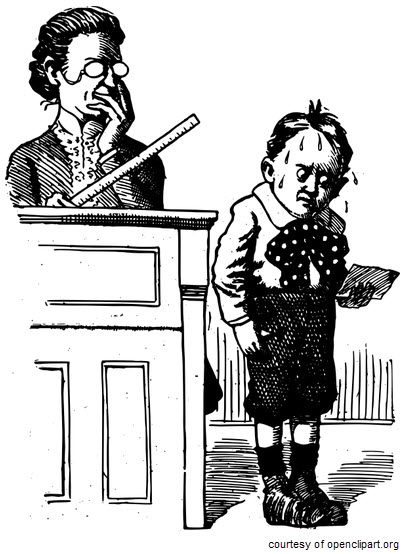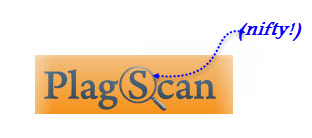 If you are a copywriter or ghostwriter in the internet marketing industry, you know what the culture can unfortunately sometimes be like. Many do-it-yourself copywriters under the pressure of deadlines research only two or three sources and rewrite chunks of someone else’s work to pass off as original.
If you are a copywriter or ghostwriter in the internet marketing industry, you know what the culture can unfortunately sometimes be like. Many do-it-yourself copywriters under the pressure of deadlines research only two or three sources and rewrite chunks of someone else’s work to pass off as original.
This is not only unprofessional and lazy, it is just plain wrong.
For one thing, you’re not only skating perilously close to stealing, you’re not only putting your own reputation on the line, you are putting your client’s reputation on the line. (And you’re almost certainly not speaking with your client’s unique voice!)
But what do you do when you have covered a topic so many times you find yourself repeating hauntingly familiar phrases? What do you do to avoid stale writing? What do you do to avoid plagiarizing yourself?
Run your work through a plagiarism checker before sending it off: That’s what.
The Hidden Benefits–and Hazards–of Plagiarism Checkers
Online plagiarism checkers are simple: You upload a file or copy-paste in a section of text, hit the button, and wait for the results. Within seconds, you are alerted to any sections that can already be found on the net (someone else’s work… or your own previous work!)
There are many free plagiarism checkers on the net, but do be sure to use one that guarantees copyright security.
Some are also exclusively geared for checking a scholarly work, such as a thesis. One such is Ithenticate, which allows users to upload text files of up to 25,000 words. (If you want to check your finished eBook text for plagiarism, using a plagiarism checker that allows you to upload large files is the way to go: It can get very time consuming, uploading a book page by page!)
PlagScan is equally impressive: And not only because they have a nifty logo. They are equally geared towards both business and academic users, their scanning is fast, and you can easily generate useful reports.
Paid plagiarism checkers work similarly to stock photo sites, where you purchase credits. If you absolutely must use a free one, or you just want to quickly check a particular phrase, I have found Plagiarism Checker.com to be easy and reliable. (The downside? You can only check up to 32 words of text at a time.)
Plagiarism checkers are also bloody good at catching all your bad writing habits and whacking you over the head with them: It’s like having your own built-in English teacher—the old-fashioned sort we used to have in Scotland, patrolling the aisles with rulers or pointers at the ready, She Says Fondly. (Ah, memory lane!)
For example, when I am thundering along on a first-draft roll, my bad habits include using the verb “get” a lot when there are much better and more dynamic or appropriate ones I could be using, as well as over-using pet phrases. Like “a lot”.
I also seem to be particularly fond of certain clichés.
And yes. I did run this article through a plagiarism checker first.

